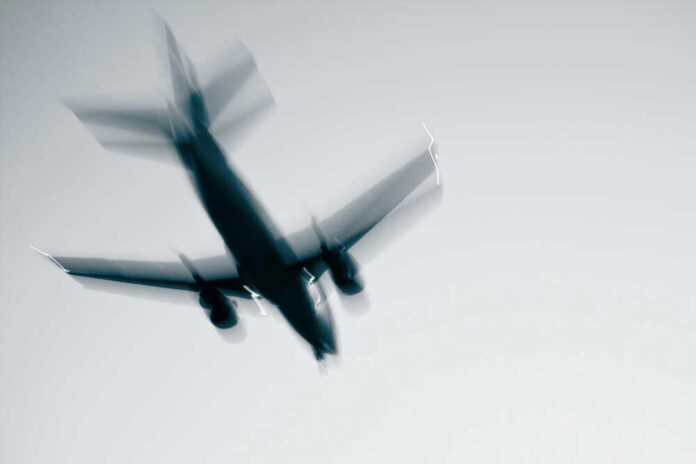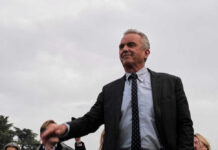
United Airlines forced passengers to endure their second nationwide ground stop in just two months, raising serious questions about the airline’s ability to maintain reliable service despite collecting billions in taxpayer-funded bailouts.
Story Highlights
- United grounded all US and Canada flights for 30 minutes due to “connectivity issues” on September 23, 2025
- This marks the second such meltdown in two months, following an August 6 ground stop
- 189 flights delayed and 14 canceled by Wednesday afternoon, stranding thousands of travelers
- Pattern of IT failures across major airlines highlights industry-wide infrastructure problems
Second System Failure in 60 Days Exposes Operational Weakness
United Airlines requested a Federal Aviation Administration ground stop just before 1 a.m. EDT on September 24, bringing all departures from US and Canadian airports to a halt.
The FAA lifted the restriction at 1:33 a.m. EDT after United reported resolving what they called a “brief connectivity issue.” This incident mirrors an identical ground stop on August 6, 2025, when United’s technology systems failed at major hubs including Chicago, Denver, Houston, and Newark.
United briefly grounds all US, Canada flights for second time in 2 months https://t.co/WKMM85Nvmz
— FOX Business (@FoxBusiness) September 24, 2025
The repeated failures demonstrate a troubling pattern of technological unreliability at one of America’s largest carriers. While United downplayed the incident as brief, the ripple effects extended well into the following day.
By Wednesday afternoon, FlightAware data showed 189 delayed flights and 14 cancellations, proving that even short-duration ground stops create cascading disruptions for travelers who depend on reliable air service.
Transportation Secretary Confirms Internal United Problem
Department of Transportation Secretary Sean Duffy clarified that the ground stop resulted from United’s internal technology outage rather than broader air traffic control issues. This distinction places full responsibility on United’s shoulders for the operational failure that affected thousands of passengers across two countries.
The airline’s statement acknowledging a “short connectivity problem” offers little reassurance to travelers who experienced delays and missed connections.
United’s inability to prevent similar system failures within such a short timeframe raises legitimate concerns about their IT infrastructure investment and maintenance practices.
The company received substantial federal assistance during the COVID-19 pandemic, making their continued operational problems particularly frustrating for taxpayers who helped keep the airline afloat during challenging times.
Industry-Wide Technology Crisis Demands Action
United’s problems reflect broader vulnerabilities plaguing the aviation industry’s increasing dependence on complex IT systems.
Alaska Airlines experienced similar ground stops in July and April 2024 due to technology failures, indicating this isn’t an isolated United problem but rather a systemic issue affecting multiple carriers. These incidents highlight how single points of failure in airline IT infrastructure can instantly disrupt thousands of flights and strand countless passengers.
Aviation experts correctly point out that airlines have created dangerous over-reliance on technology systems without adequate backup measures or redundancy protocols. The frequency of these failures suggests that airlines prioritized cost-cutting over investing in robust, reliable infrastructure that passengers deserve and safety requires.
Passengers Deserve Better Than Repeated Excuses
American travelers have every right to expect reliable service from airlines that benefit from government support and protection. United’s repeated ground stops within two months demonstrate either incompetent system management or insufficient investment in critical infrastructure.
Either explanation is unacceptable for a major carrier handling millions of passengers annually.
The airline industry’s pattern of socializing losses while privatizing profits becomes particularly galling when operational failures repeatedly inconvenience passengers who have few alternatives.
While United quickly restored operations, their inability to prevent recurring system failures suggests deeper problems that require immediate attention from both company leadership and federal regulators who oversee aviation safety and reliability.



















